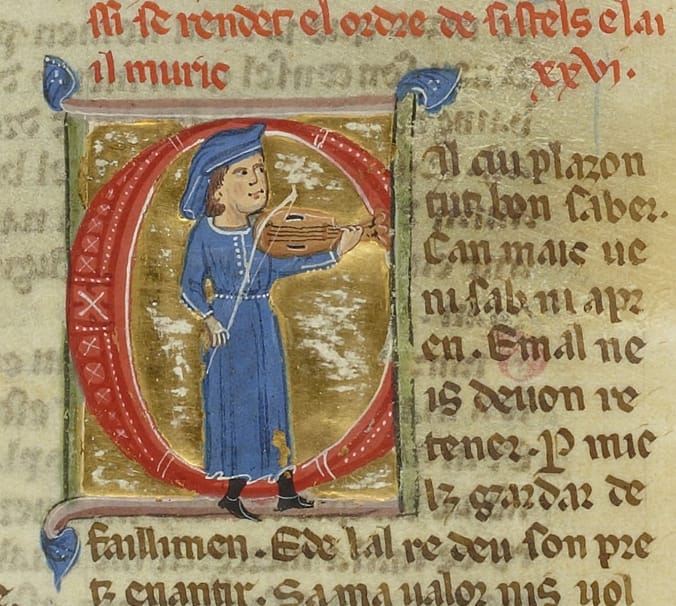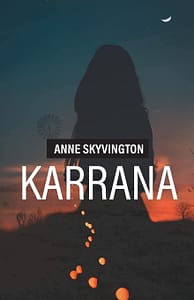- Research book (a gem) that I discovered and used for this post: The Penguin Book of Spiritual Verse: 110 Poets on the Divine: [Edited by Kaveh Akbar, Penguin Random House UK, 2022]
Rumi: 1207- Lift Now the Lid of the Jar of Heaven
(Many Sufis believed: Intoxication might thin the veil between here and the divine)
Pour, cupbearers, the wine of the invisible,
The name and sign of what has no sign!
Pour it abundantly, it is you who enrich the soul;
Make the soul drunk, and give it wings!
Come again, always fresh one, and teach
All our cupbearers their sacred art!
Be a spring jetting from a heart of stone!
Break the pitcher of soul and body!
Make joyful all lovers of wine!
Foment a restlessness in the heart
Of the one who thinks only of bread!
Bread’s a mason of the body’s prison,
Wine a rain for the garden of the soul.
I’ve tied the ends of the earth together;
Lift now the lid of the jar of heaven.
Close those eyes that see only faults,
Open those that contemplate the invisible
So no mosques or temples or idols remain,
So ‘this’ or ‘that’ is drowned in His fire.

King David: 1000BC: Psalm 23
The Lord’s My Shepherd: From The Kingdom of Israel
(The music of the ear: Kaveh Akbar: Pp 18-19)
The Lord’s my shepherd, I’ll not want;
He maketh me to lie down
In green pastures: He leadeth me
The quiet waters by.
My soul he doth restore again,
And leadeth me to walk
Within the paths of righteousness
E’en for his own name’s sake.
Yea, though I walk through the valley of the shadow of death,
I will fear no evil:
For thou art with me; thy rod and thy staff
They comfort me still.
Thou preparest a table for me
In the presence of mine enemies;
Thou anointest my head with oil,
And my cup runneth over.
Surely goodness and mercy shall follow me all the days of my
life: and I will dwell in the house of the Lord for ever.
Mechthild of Magdeburg
(Germany: Christian mystic: 1207-1282:
Of all that God has shown me
I can speak just the smallest word,
Nor more than a honeybee
Takes on his foot
From an overspilling jar
Kabir: 1440-1518: India:
(Celebrated oneness, wonder and mystery)
Brother, I’ve seen some
Astonishing sights:
A lion keeping watch
Over pasturing cows;
A mother delivered
After her son was born;
A guru prostrated
Before his disciple;
Fish spawning
At the tops of trees
A cat carrying away
A dog;
A gunny-sack
Driving a bullock-cart;
A buffalo going out to graze,
Sitting on a horse;
A tree with its branches in the earth,
Its roots in the sky;
A tree with flowering roots.
Basho: 1644-1694: Japan
In Kyoto,
Hearing the cuckoo,
I long for Kyoto.
Death-sick on my journey
My dreams run out ahead of me
Across the empty field
William Shakespeare: Sonnet 91
(About Love, Material Possessions and Love’s Power Over Us)
Some glory in their birth, some in their skill,
Some in their wealth, some in their body’s force,
Some in their garments, though new-fangled ill,
Some in their hawks and hounds, some in their horse;
And every humour hath his adjunct pleasure
Wherein it finds a joy above the rest,
But these particulars are not my measure:
All these I better in one general best.
Thy love is better than high birth to me,
Richer than wealth, prouder than garments’ cost,
Of more delight than hawks or horses be;
And having thee of all men’s pride I boast:
Wretched in this alone, that thou mayst take
All this away and me most wretched make.

















